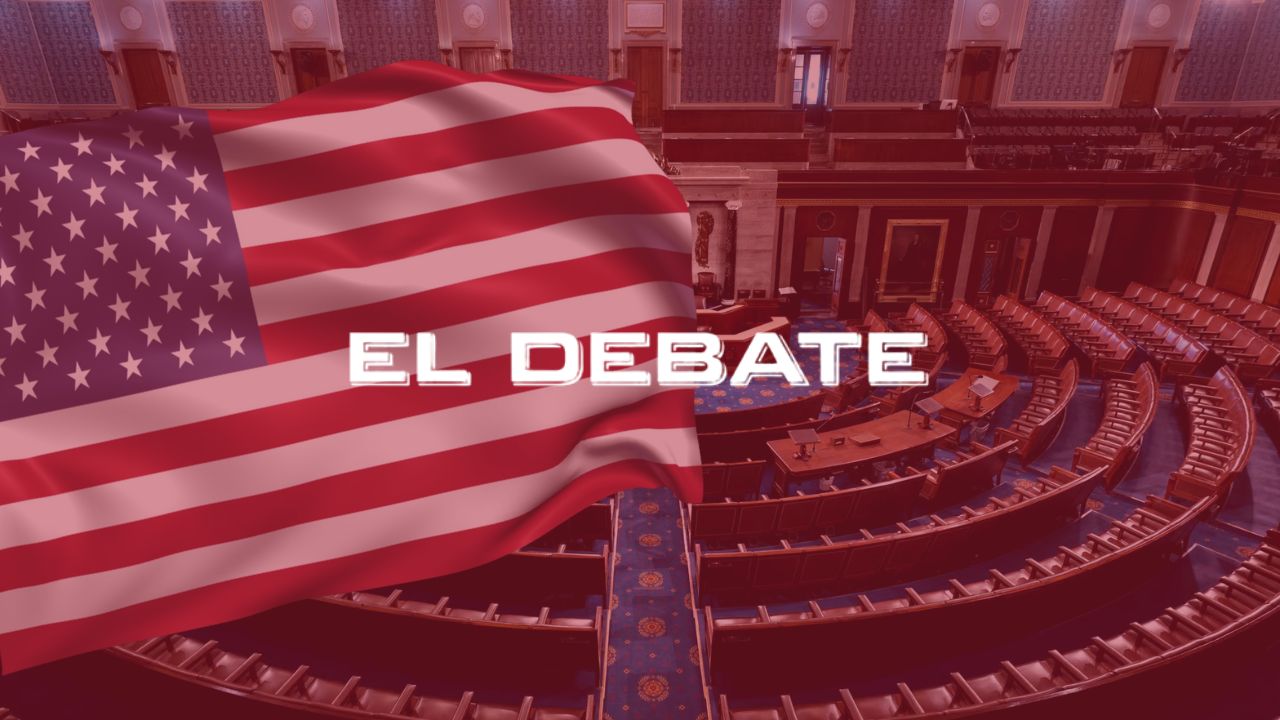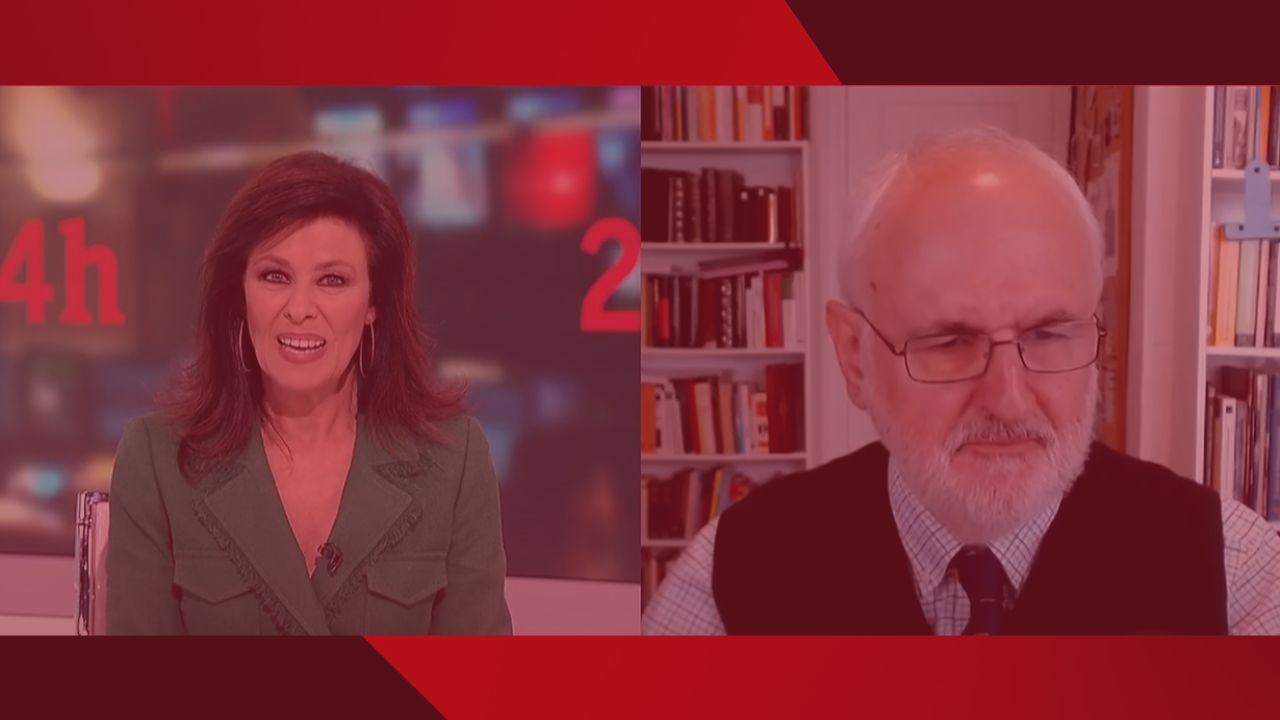Anyone would be astonished to think that David Cameron urged the British to participate in a referendum, which nobody had asked for, regarding leaving or staying in the European Union (EU) more than two years ago, and that, after such a long time, there has not been reached any agreement on how to materialize the result. His motivations at the time were perhaps to teach Eurosceptics a lesson, or breathe a little in the face of the rise of xenophobic parties. But, as we know, this did not happen. He resigned and left the country facing an even more difficult scenario.
Theresa May decided to take on the challenge, with the purpose of fulfilling the will of the British people. During these years, she has been firm in the midst of this earthquake called Brexit, but last Wednesday she could not hide her despair at the situation, by demanding in a speech to MPs to respect the voice of voters, who are «tired of the political game and of the parliamentary entanglements, tired of the deputies speaking only of Brexit».
Some analysts say that the Prime Minister’s strategy has always been to postpone the vote until the last moment so that the members of Parliament are forced to approve their plan. May’s stubbornness has been strongly criticised, and it is rumored that senior government officials are studying formulas to force her way out of power. The state of limbo has been prolonged so much that Eurosceptics, who want to leave the EU with a plan full of benefits for Britain, as well as those who oppose Brexit, are mired in a general distaste.
One million Britons collapsed central London, in a march in which “Put it to the People” was shouted and banners were proclaimed advocating for a second referendum. This group of citizens argues that Brexit is the product of a campaign full of false promises, fake news, and incitement to fear the wave of immigrants that has been arriving to the country in recent years.
It seems that many thought, like David Cameron, that permanence in the EU was assured, and now, they want to rectify their decision through the civic duty of participating in the polls. It is true that, at the time of voting, the information was scarce, and on the ballot it was not specified the exact way in which the country would leave the EU. But there has already been a result. Is it healthy for a democracy to repeat a vote? Would you agree to reiterate it if the opposites claim it?
The United Kingdom has shown that the EU is not indestructible: its survival will only be possible if citizens choose leaders who commit to strengthen it
In addition, if the referendum is held again and the result changes, what would happen? Would the disgruntled ask for a third consultation? Would the British Government resolve their differences with the EU, or would they continue to maintain tensions such as the use of a different currency? Who would pay the cost of these months of summits, trips and negotiations? Not to mention the precedent that would be created, dangerous for the stability of the EU.
On the other hand, if that second referendum took place, what options would appear on the ballot? May’s agreement, divorce without consensus, permanence in the EU, a new pact…? And what would be the rules of the game? Would adolescents 16 and 17 be allowed to vote this time, or would the above parameters remain the same? Too many unresolved questions for something as complicated as a referendum and the little time the government has to act.
Another aspect to take into account is that, in these plebiscites, there can be important factors that are not even political, or that do not have to do with the matter being discussed. Some experts believe that the climate affected the result of the referendum of the peace process in Colombia, given that it hindered the participation of certain sectors of the population. The process was not repeated, but the vote was respected in every way by the rulers. Citizens know this, and they punished the Administration by choosing the candidate who had promised in the campaign to end this agreement in their next elections. Therefore, many variables are involved in these processes, and allowing a second consultation based on only one of these can take away from what, historically, has been considered an example of hearing the voice of citizens.
Despite the complications mentioned, some senior government officials defend a second referendum. For Labour MP Chuka Umunna, “it is not about rewriting history or betraying the popular will expressed in the first vote. It is simply about closing the democratic process just as it began: giving people the opportunity to pronounce on the final agreement. ” In any case, whether there is a referendum or not, the situation is still stuck in a Parliament as divided as the population. As long as they do not agree, no plan will succeed.
The problems do not end at home. The remaining 27 EU partners are also fed up. The European summit on Brexit last Thursday ended with one of the shortest conclusions documents in the history of the European Council. On one page they told the world that they would grant the United Kingdom an extension —until April 12th— to agree on an exit plan. Simply put, the Council launched an ultimatum to the British people: if the Prime Minister does not reach an agreement with her Parliament in the coming weeks, the extension will be extended or an unfriendly divorce will occur. The first option would force the country to participate in the elections to the European Parliament, scheduled for May 26th. This would generate more stability for both parties. As for the second possibility, the problems it would create are endless.
Abandonment without agreement would not benefit anyone. The money flow would be cut off, because many companies would move to some other EU member state in order to continue operating under the same rules; and citizens would have to foresee solutions for their everyday lives by the new controls that would be implemented. For example, in the food sector. The three major retail consortiums of supermarkets issued a statement in which they warn the British that a sharp exit would cause a price increase of up to 40 percent in many products, and that delays at the borders, by the new controls , would encourage the shortage of fresh stock. That is, undesirable changes would originate at all levels.
In any case, and regardless of what happens with Brexit, before the elections of the European Parliament on May 26th, the EU has to redefine itself. The United Kingdom has shown that the claim that it is an indestructible institution and that its stability is maintained by itself is wrong. Its survival will only be possible if citizens choose leaders who commit to strengthen it, especially in the face of the rise of parties with nationalist ideologies that threaten to destroy it from within. Therefore, elected politicians will have the responsibility, more than ever, to preserve institutions and, more importantly, to ensure that citizens align with them.






